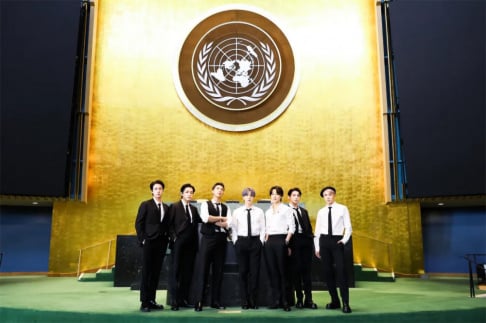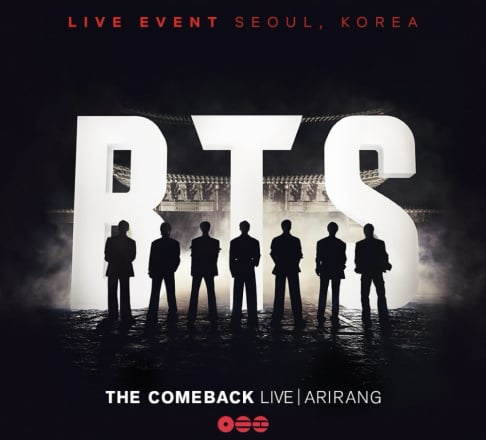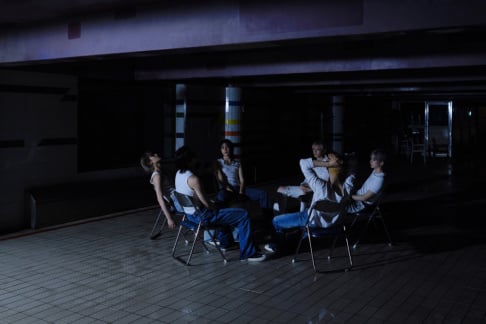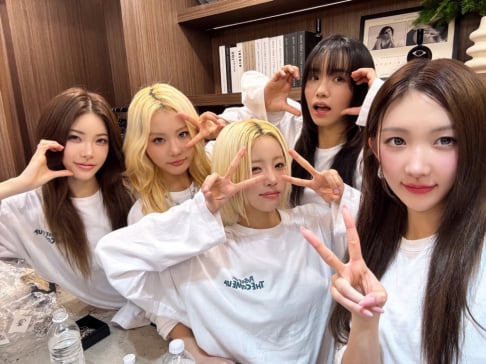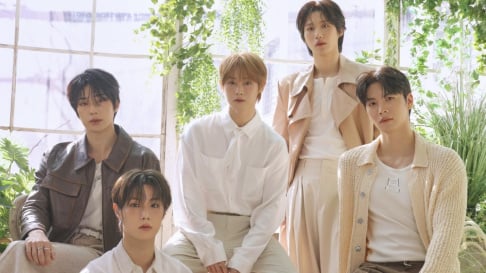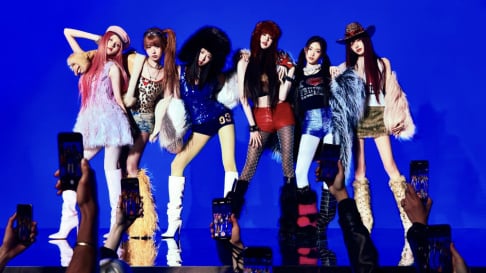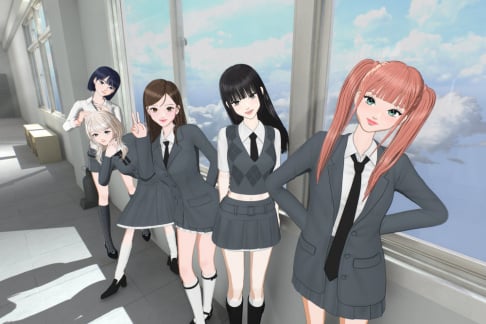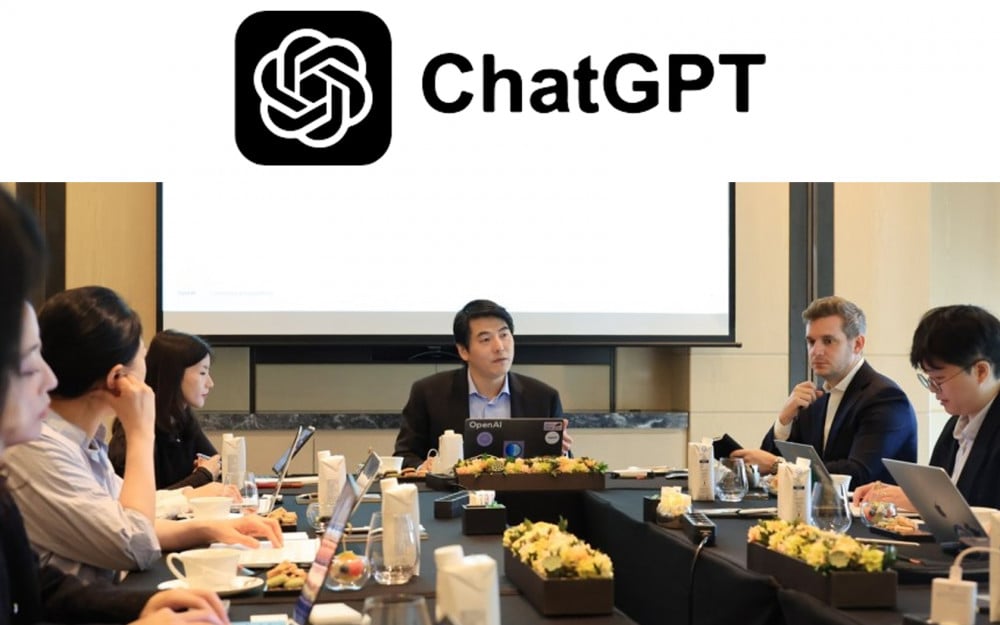
ChatGPT is gaining momentum in South Korea with a significant increase in usage among Koreans.
According to a recent article by the Korea Herald, OpenAI, the company behind ChatGPT, recently announced that South Korea ranks second globally in paid ChatGPT subscriptions, just behind the United States.
OpenAI's Chief Strategy Officer, Jason Kwon, said, "Korea is now a top-five country for ChatGPT business users and ranks in the global top ten for both overall usage and developer activity on OpenAI’s API."
However, experts say this ranking doesn't necessarily reflect true AI leadership or maturity. According to the Korea Herald, the data "paints a picture of a digitally hungry nation embracing generative AI faster than almost anywhere else... this ranking doesn’t necessarily signal leadership in AI adoption. The real reasons may have more to do with Korea’s digital infrastructure and societal patterns than with a sudden surge in AI fluency or technological edge."
While usage is indeed high, 17.4 million Koreans used the ChatGPT mobile app in April 2025, AI researchers stress that the number of paid users lacks context, as OpenAI hasn’t disclosed exact subscriber counts or how long users stay subscribed.
Experts argue that Korea’s strong digital infrastructure, near-universal smartphone access, and fast-moving culture explain the rapid adoption more than deep technological capability. Historical moments, such as the 2016 AlphaGo match, also shaped public interest in AI.
Kang Jung Soo, the director of local AI startup BludotAI Research Center, told Korea Herald, "Paid subscribers are just one piece of the story. You can be second in the world with only a small margin. It doesn’t mean you have a dominant or mature market." He added, "Where ChatGPT is exploding in Korea is not in premium usage. It’s in sheer accessibility. Everyone has the internet. Everyone has a smartphone. It’s not surprising that people try it, use it often, and integrate it quickly into daily life."
SEE ALSO: President Lee Jae Myung launches his TikTok channel
 SHARE
SHARE

